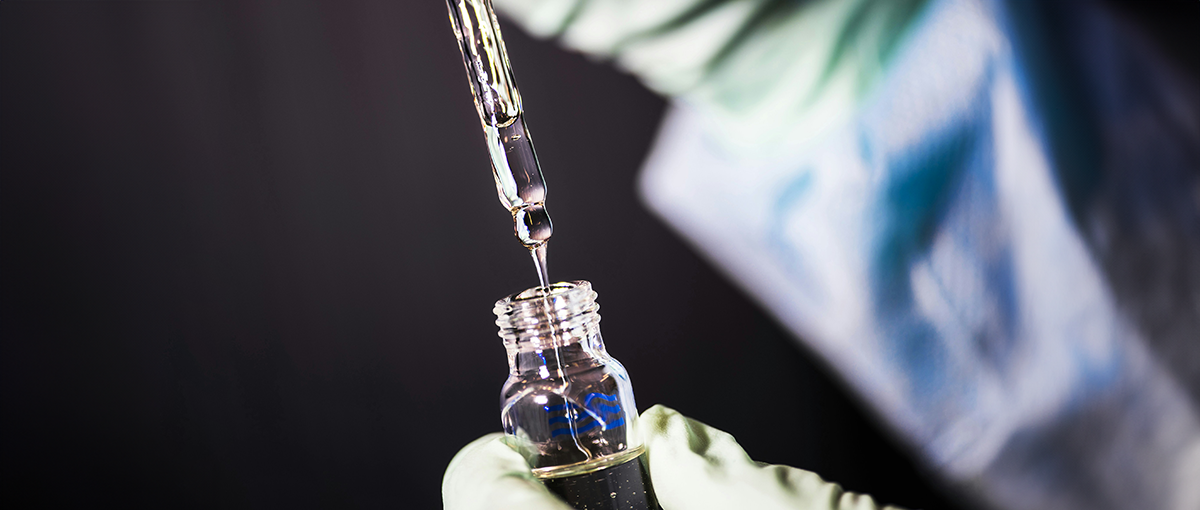finanza ricerca
The new role of the DAOs in health research
A study on the advantages of decentralised autonomous organisations over traditional funding systems
A new way of funding pharmacological/health research, with the aim of overcoming certain constraints and making better treatments available for all:
this is the focus of a study published in the journal Nature Biotechnology by Laura Grassi, professor of Investment Banking and of the Finance Lab at the School of Management of Politecnico di Milano.
In the pharmaceutical field, long development cycles, high costs, significant failure rates and price uncertainty substantially hinder the development of new drugs. Traditional funding systems, which are based on the use of equity or grants, often prove to be slow and inadequate to meet the needs of innovative research.
Against this backdrop, the Decentralised Autonomous Organisations (DAOs) emerge as a possible promising alternative. DAOs use blockchain technology to facilitate transparent and decentralised governance, allowing for quick and direct decisions without the need for intermediaries. Through smart contracts, DAOs can quickly perform complex actions, improving efficiency and reducing bureaucratic and administrative barriers.
The study particularly analysed VitaDAO, an example of how a DAO can be successfully deployed in the life sciences.
Focusing on funding longevity research, VitaDAO enables stakeholders to actively participate in governance and decision-making through the issuance of tokens, which confer voting rights and an ownership stake in the organisation. Not only does this model democratise the funding process, but it also aligns the participants’ interests towards the common goal of advancing research.
However, while offering numerous advantages such as transparency and effective decision-making, there are several points of concern: the regulation of DAOs and the tokens used can be complex and vary significantly among different legal contexts, creating uncertainties; in addition, managing decisions in a fully decentralised and public manner can be time-consuming and compromise efficiency in crisis situations.
Despite these obstacles, the case of VitaDAO illustrates the revolutionary potential of DAOs in overcoming the limitations of the current research funding system. Through strategic collaborations (such as the one with Pfizer), VitaDAO has not only validated its operating model but also proven its ability to attract significant investment, fostering a more open and productive R&D environment in the life sciences.
Find out more
The potential of DAOs for funding and collaborative development in the life sciences.






